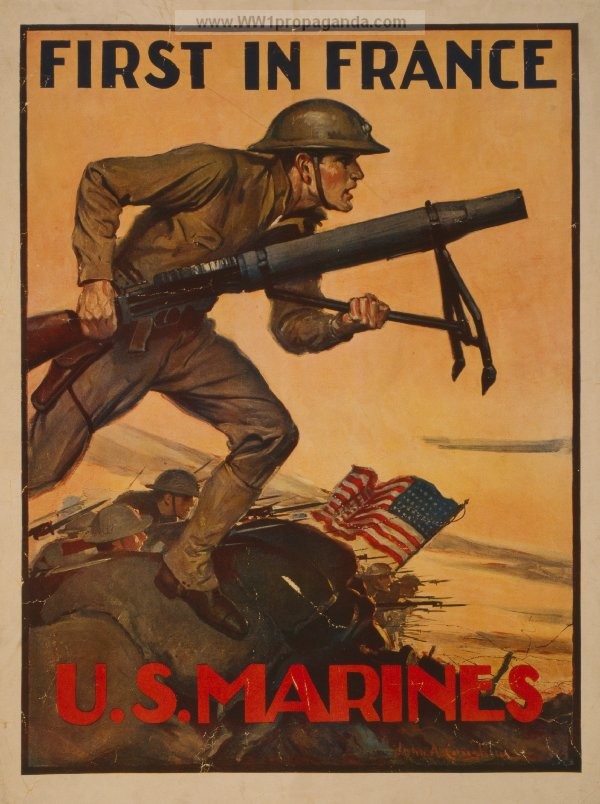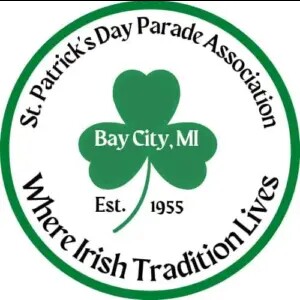| Home | Sports | Community | Arts/Theater | Business | Economy - Local | The Scene |
| History | Health/Fitness | Contests | ||||
POISON ON TWO FRONTS: Mustard Gas Death Spoils a Marriage
|
||||||||||||||
| Printer Friendly Story View |

(EDITOR'S NOTE: This is the eighth in a series of semi-fictional articles describing conditions in this area during World War I as well as on the front overseas. It is based on real events described in historical and archival documents. Any co-incidence with white nationalism prevalent in the U.S. today is purely intentional)
From the Gunpowder Reservation came the following to Dr. Adams from Col. Fries, Chief of Gas Service:
"I would not write you thus personally, except for the urgency of this matter of obtaining 'mustard gas.' There is no other one thing so much needed by the Allies today as 'mustard gas' and I consider it worth any expense necessary to get it." If the expense included the death of a horse and injury to another, 'so be it' seemed to be the attitude. When it came to men, they also were expendable, we were soon to find.
Dr. Adams replied: "The iron shell for the four-ton unit will be ready in a day or two for the lead lining, and we are hoping that the lead will arrive this week. We particularly appreciate the assignment to us of Captain Rouse and Lieutenant Harper and the contingent of enlisted men, the first five of whom arrived today. We shall be able to push the work more energetically from now on."
Untrained men badly managed working with the world's most volatile chemicals was a horror script waiting to be played out. Before long eight men were hurt inside the huge mixing drums cleaning them; two were serious and another was slightly injured. Their bodies were burned and blistered. Rouse had failed to get oilskin suits the men were supposed to be wearing while exposed to the mustard oil.
Capt. Rouse ordered the nurses to give the injured men continual saline baths, with only short breaks every six hours; river water was okay to use, he said. When he heard about it, Doctor Howley screamed: "We don't even use that water to boil potatoes," but Rouse was impervious to criticism, especially from an old hick town doctor.
The men were cramped in the short tubs and couldn't tolerate the long baths; Miss Murphy and the nurses complained bitterly. The petite Irish nurse buried her pride and hatred and on her knees begged Capt. Rouse to stop the baths. Finally, Private Spencer Howard passed out. His lips were turning blue before Rouse would allow him to be dried off and put to bed. He died soon afterward.
Private Luis Martinez was barely saved from the Grim Reaper by heroic efforts of the nurses. Private Leslie Spiller was badly affected, too, but was removed from the tub before he suffered too much.
The death of Private Howard made the front page of the Republican, although it said only that he had died "while doing his duty" -- not mentioning mustard oil or the Woodland plant. His father had arrived from New Jersey just hours before he expired.
The funeral procession to the train was a major event as townsfolk lined the street for blocks. The body was clearly visible through the glass sides of a horse-drawn funeral carriage, driver in top hat perched high. The corpse was surrounded by flowers donated by men from the plant. Soldiers marched solemnly alongside the hearse; Howard's fiancée, Miss Genevieve Lewis, a lanky attractive brunette from Rhode Island, sobbing and carrying flowers, walked with the soldiers. The paper said the 24-year-old beauty and the late private were to have been married Friday.
As the chemists, soldiers, and workmen at Woodland struggled with the mixing drums and the powerful chemicals prescribed by Dr. Adams for the formulation of mustard oil, the Germans were bombarding Paris. It was June 1, 1918.
We had to stop the Kaiser's men from swarming all of Europe said, General Pershing. Chief was reading the Sunday New York Times at the library and kept me up to date with a running commentary every day at the lab.
The British were pulling back in the Egyptian Theater between Mosul and Baghdad; the French had retaken Fort de la Pompelle but were retreating from Soisson. The German spring offensive was on, bolstered by 50 divisions loosed after the Russian surrender on the Eastern Front in March. If they crossed the Marne River and captured Paris, they would likely win the war.
The Germans held Belleau Wood, a key point on the Paris-Metz road. The Allies, however, had a new weapon: U.S. Marines. We read news reports that Belleau Wood wasn't just one solid forest, as the name implied; it was made up of patches of thick woods interspersed with grazing areas, wheat fields and clover and some young oats. The Germans had hidden machine guns in the woods to rake the open areas. The Marines failed to reconnoiter thoroughly, and many paid the ultimate price.
I wanted to see what it was like to be in combat, figuring I would soon be in it, so Chief and I went to the theater in Saginaw and saw Charlie Chaplin in "Shoulder Arms." But the movie was just slapstick.
However, Pathe Animated Gazettes played before the movie had war scenes depicting how the people of Europe were suffering. They were silent films but we could see refugees -- old men and women, children and younger women mainly, clogging the road heading for Paris; Marines bound for the front lines had to dismount from their trucks and form wedges like in football to clear the way; men armed with rifles and bayonets worked magic on crowds; they quickly shuffled to the side of the road, or moved their horse-drawn farm wagons and pony traps and rickety ox carts to one side to allow the troops to pass.
A village mayor limped by wearing his tri-color sash. Sheep and goats went along with the crowds and one flock of sheep was crushed by a French artillery battery at a crossroads; anguish was visible on the faces of the helpless shepherds.
Individual French soldiers were seen among the retreating civilian horde. "Fini le guerre," the war is finished, some were reported to have said. Those in Belleau Wood, encountering advancing Marines, said the same thing as they headed back. But the Marines pushed forward as Marines do.
News reports were that the Germans used 7,000 artillery shells loaded with mustard gas at Belleau Wood, but the U.S. Marines put on gas masks and most were able to fight on. The Germans launched two thousand high explosive shells loaded with Adamsite before the mustard attack. Adamsite caused uncontrollable sneezing and vomiting in the Marines caught unawares. Some unable to don masks because of Adamsite breathed deep draughts of mustard gas which followed and died or were incapacitated.
Even masks did not protect against mustard gas, which attacked every part of the body with its blistering effects. Exposed flesh especially was vulnerable to mustard gas and it even penetrated uniforms, gravitating to sensitive underarm and groin areas.
The Germans called the action Uberseefahrt, Operation Overseas Voyage; it was a counter-attack along all the Allied lines. But the Americans were tipped off that it was coming by a careless German officer captured and befriended by a Marine. Grateful for the gift of a cigarette, the Boche spilled his guts about the coming offensive.
Gunnery Sergeant Dan Daly won undying Leatherneck fame with his fatalistic battle cry: "Come on you sons of bitches, do you want to live forever?" Some didn't and were slaughtered in the Civil War type suicidal advance on June 6. The Marines he faced were "terribly reckless fellows," a German private complained. One Marine lieutenant said: "My platoon consisted of 58 men when we jumped off; about 40 minutes later, five of us were left."
Floyd Gibbons, the Chicago Tribune's correspondent, must have interviewed the Boche and heard about Daly's cry. He sent in the earliest firsthand report from the front lines just before he was wounded and nearly died. Gibbons was badly injured and lost an eye when hit several times by machine gun fire while trying to rescue a Marine; he was awarded the Croix de Guerre. He knew first hand what being close to death was like.
Other correspondents were noted for finding soldiers near death and asking them: "Hey, buddy, how does it feel? Dying, I mean; what does it feel like?" It was gruesome but they were determined to tell readers what war was really like. I couldn't imagine how they could ever know unless one of the dead men came back to life and started talking to him. Or they were badly hit, like Floyd Gibbons.
(To be continued)
###
| Printer Friendly Story View |

|
Prior Article
March 5, 2025 by: Stephen Kent St. Patricks Parade 2025 - IT's TIME |

|
Next Article
February 10, 2020 by: Rachel Reh Family Winter Fun Fest is BACC Hot Spot for 2/10/2020 |
|
|

Dave Rogers |
|
|
|
Printer-Friendly Story View
0200 Nd: 05-05-2025 d 4 cpr 1
12/31/2020 P3v3-0200-Ad.cfm
SPONSORED LINKS
12/31/2020 drop ads P3v3-0200-Ad.cfm
